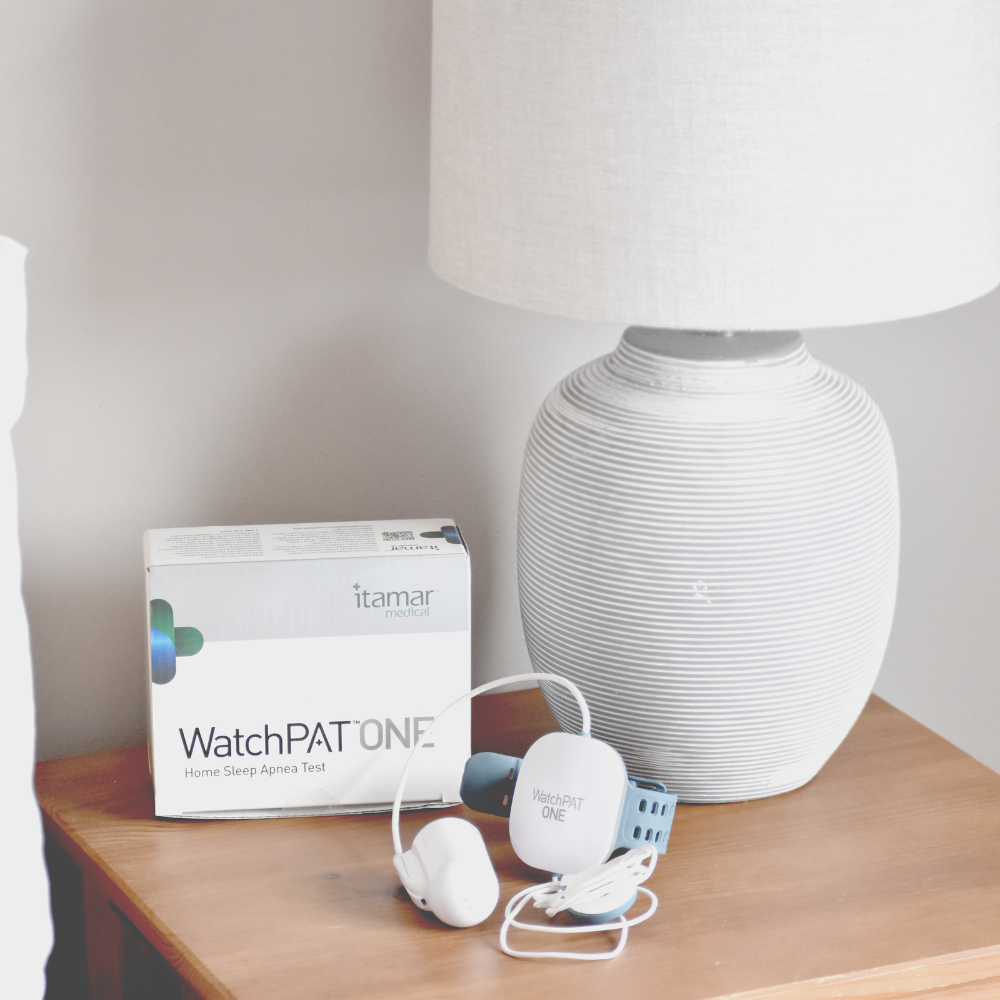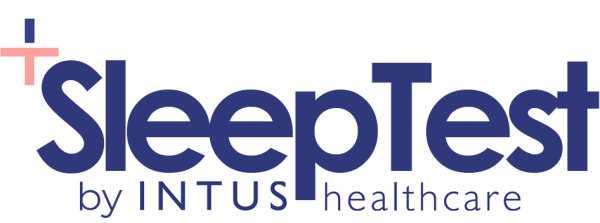Fact Checked
Intus Healthcare’s writers, customer service team, and sleep experts review and ensure this information is accurate.
Last updated on March 31st, 2025 at 11:22 am
Research has found that millions of individuals throughout the United Kingdom suffer from Obstructive Sleep Apnoea (OSA).
Estimates claim that up to 13% of adult men and up to 6% of adult women experience OSA (1).
However, it is also believed that 80% of individuals may be unaware of the presence of this condition, leading to potentially serious health issues later in life (1).
Table of Contents
Home remedies for Sleep Apnoea
While it is essential to test for OSA and use effective Sleep Apnoea treatment, home remedies and lifestyle changes can also help reduce symptoms.
5 Home Remedies and Lifestyle Changes for Sleep Apnoea
Cutting out cigarettes and alcohol
We are all well aware that smoking and drinking are stimulants harmful to our health. Not only do these substances expose our bodies to numerous toxins, but they are also highly addictive.
Reducing your alcohol consumption is something you can incorporate into your daily life to help reduce your Sleep Apnoea symptoms. You may think you sleep better after you have a beer or glass of wine, but it does the opposite. Alcohol relaxes your throat muscles and causes inflammation in your airways. This makes you more likely to snore and interrupts your sleep cycle, so you do not wake up feeling refreshed.
Excessive alcohol consumption can also be quite dangerous, as you might not be able to wake up if you begin choking or if your CPAP mask happens to fall off while sleeping.
Guidelines provided by the NHS recommend that you consume no more than 14 units of alcohol per week (2). In other words, smoking and drinking should be eliminated from your everyday habits.
Nicotine swells your airways, increasing snoring and breathing pauses throughout the night. Smoking irritates the airways, further exacerbating your symptoms and making breathing harder at night. Smoking could cause OSA in those that may not have developed the sleep disorder if they had not smoked.
The good news is that ceasing this habit is much easier than you think. Take a look at some excellent tips below:
- Make a realistic plan to take things “one day at a time”.
- Find something to do immediately after finishing a meal. You might otherwise be tempted to light a cigarette.
- Add exercise to your daily routine to reduce cravings.
- Swap your regular alcohol for an alcohol-free option. So you still enjoy the same taste and get a good night’s sleep.
- Join a support group to discuss your issues with similar individuals.
Losing weight
Research has found that individuals who are overweight are more likely to suffer from OSA, due to the tendency to develop a thicker neck and tongue, placing more significant pressure on your airway when sleeping (3). Therefore, losing weight is a good idea to reduce symptoms and the severity of OSA.
However, this is often easier said than done. Diets can be difficult to follow and even tougher to adjust to if others are eating tempting foods.
Still, it is wise to speak with a weight loss specialist to determine how many calories you require and what foods should be eliminated (such as fatty substances, fizzy drinks, and foods high in carbohydrates).
Related article: Foods to help you sleep.
While dieting is always a great lifestyle change, you might need to do more to achieve your goals.
Regular exercise
It can be difficult to handle an exercise routine if you are already busy. This is why it is a good idea to start slowly, perhaps only exercising for five or ten minutes daily.
When you feel the positive results, you will want to increase the time spent performing such activities.
Exercise releases “feel-good” chemicals known as endorphins. Exercise will give you greater energy and even help you fall asleep faster in the evening. The release of endorphins will also help with your mood, helping you combat stress, anxiety and depression.
It is nonetheless wise to approach any exercise routine with a handful of suggestions in mind:
- Be realistic regarding what you are trying to achieve.
- Exercise with others to help motivate you.
- Create a varied routine to avoid boredom and fatigue.
- Consult with an exercise specialist to create a plan which is best for your unique goals.
It is also critical to mention that a hidden benefit of exercise will directly impact your OSA. As we push our bodies harder through routines such as jogging or aerobics, we are forced to cope with increased physical stress. Muscles will begin to grow, bones will become stronger, and your lung capacity will increase.
Greater lung capacity signifies that the symptoms of your OSA are likely to be alleviated to an extent. When this is paired with the other home remedy suggestions, you will find your OSA improves.
Changing your sleeping position
You may not realise that the position you sleep in can affect the quality of your sleep. When suffering from Obstructive Sleep Apnoea, the position you sleep in can determine the number of breathing obstructions that occur throughout the night, disrupting your sleep.
Whether you use a form of Sleep Apnoea treatment (CPAP machine, mouth guard or sleep trainer), how you sleep can hugely impact your airway obstructions. Changing your sleeping position is one of the simplest home remedies for Sleep Apnoea.
- Sleeping on your side helps to open your airway, and 60% of adults prefer to sleep in this position (4). If you snore or suffer from heartburn or back pain sleeping on the side can help reduce these and improves spinal alignment.
- Sleeping on your back with your head elevated is another option. Sleeping with a high and comfortable CPAP pillow can also help keep your airway open.
Related page: How your sleeping position affects your Sleep
Treating sinus congestion
Many OSA sufferers experience nasal congestion, hindering treatment and causing increased symptoms (snoring and choking).
Treating congestion can ensure your Sleep Apnoea is managed and you stay comfortable throughout the night. The different seasons and surroundings can intensify the risk of flu, colds and congestion, so do not be alarmed if your treatment becomes compromised – there are simple ways to solve it.
Using a saline solution, such as the SinuPulse nasal irrigator, cleans your sinuses, flushing out bacteria and relieving congestion. Opening your sinuses is another easy home remedy for your Sleep Apnoea.
Related article: Is Sleep Apnoea Worse in the Winter?
Can I cure Sleep Apnoea at home?
Sleep Apnoea cannot be cured, but in almost all cases, the condition can be treated. Aside from home remedies and lifestyle changes, there are recommended treatment solutions that can help reduce symptoms and improve your quality of life.
Diagnosing Sleep Apnoea
If you have researched Obstructive Sleep Apnoea and believe you are showing symptoms of the sleep disorder, it is essential you get tested. Home remedies and lifestyle changes alone cannot always cure OSA.
Most of us are aware that obtaining a restful night of sleep is key if we hope to remain alert and focused throughout the day. However, did you know that OSA can lead to other serious conditions which might even represent life-threatening situations in the future? Some worrisome examples include (but are not necessarily limited to):
This is why it is critical to obtain an accurate diagnosis to appreciate the treatment options at your disposal. In-Home Sleep Tests are some of the best ways to begin the process. They are quick, simple and straightforward. Results are supplied within 7 to 10 working days, and you can begin consulting with a therapist to move forward.
Obstructive Sleep Apnoea needs to be diagnosed and dealt with promptly if you hope to avoid future health issues. So, please feel free to refer back to this article for further information and, above all, take our In-Home Sleep Test so that you can be provided with definitive answers. The first step involved in treating a problem is becoming aware of its existence.

Home Sleep Apnoea Test
The test monitors your heart rate, snoring intensity, blood oxygen levels, body positioning, and more, providing accuracy comparable to testing used in sleep clinics for in-depth sleep analysis.
The simple-to-use test takes just one night to complete, and results are returned within two working days after completion.
Our experienced NHS-qualified sleep professionals independently analyse all studies, providing follow-up advice and support.
For more advice on how to treat Sleep Apnoea, contact us.
About Our Editorial Team
Danni is a degree-educated content writer passionate about helping those with Sleep Apnoea sleep better; she works closely with our clinical and customer care teams to ensure that each article is thoroughly researched and accurate.
Her writing aims to inform, support, and advise readers about Sleep Apnoea, helping to raise awareness and promote effective treatment options.
She has written many health-focused articles, reaching hundreds of readers annually, to help people sleep better and live healthier lives.
Lateisha King is an experienced Sleep Clinician with advanced training in polysomnography and respiratory health.
With over six years of experience, including at the prestigious Guy’s and St Thomas’ NHS Foundation Trust Hospital, she has conducted and reviewed more than 500 diagnostic sleep studies.
Her expertise in sleep science ensures that all articles align with the latest data and treatment protocols, providing readers with trustworthy and practical advice to improve their sleep health and overall well-being.
References:
- Sleep Apnoea Trust (2022) Research, The Sleep Apnoea Trust. Available at: https://sleep-apnoea-trust.org/research/. (Accessed: 28 July 2023).
- NHS (2021) Drink Less, NHS choices. Available at: https://www.nhs.uk/better-health/drink-less/. (Accessed: 28 July 2023).
- Young, T. (2004) ‘Risk factors for obstructive sleep apnea in adults’, JAMA, 291(16), p. 2013. doi:10.1001/jama.291.16.2013. Available at https://pubmed.ncbi.nlm.nih.gov/15113821/. (Accessed: 28 July 2023).
- Cary, D., Briffa, K. and McKenna, L. (2019) ‘Identifying relationships between sleep posture and non-specific spinal symptoms in adults: A scoping review’, BMJ Open, 9(6). doi:10.1136/bmjopen-2018-027633. Available at: https://www.ncbi.nlm.nih.gov/pmc/articles/PMC6609073/. (Accessed: 28 July 2023).





